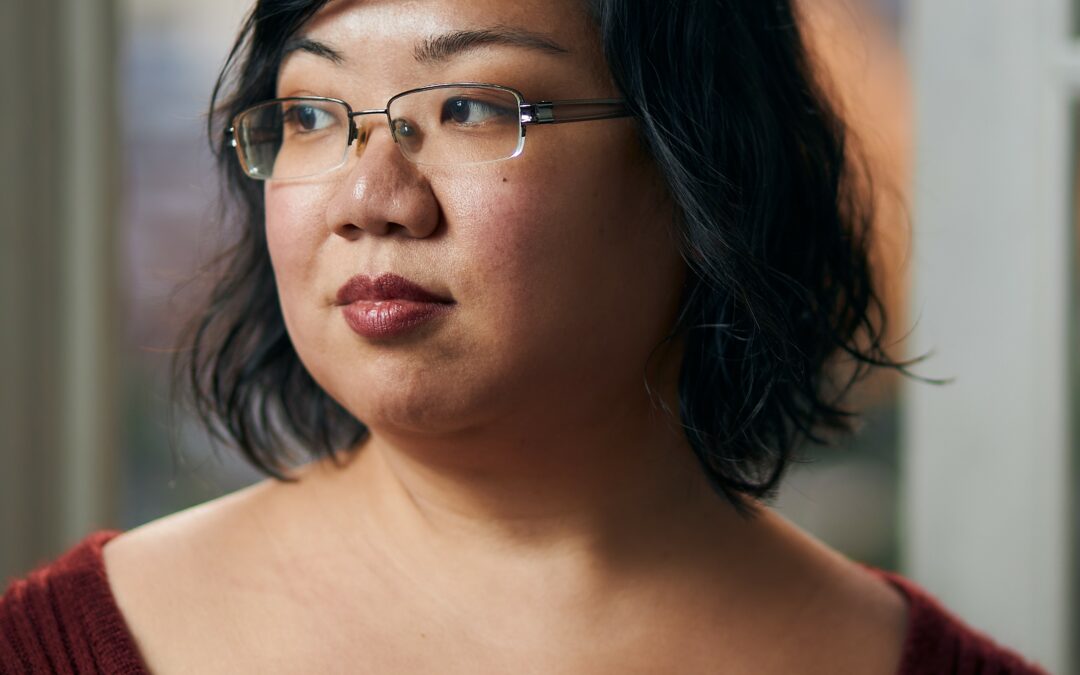
by Michele Kirichanskaya | Jan 9, 2025 | Blog
Nghi Vo is the author of the novels Siren Queen and The Chosen and the Beautiful, as well as the acclaimed novellas of the Singing Hills Cycle, which began with The Empress of Salt and Fortune. The series entries have been finalists for the Locus Award and the Lambda...
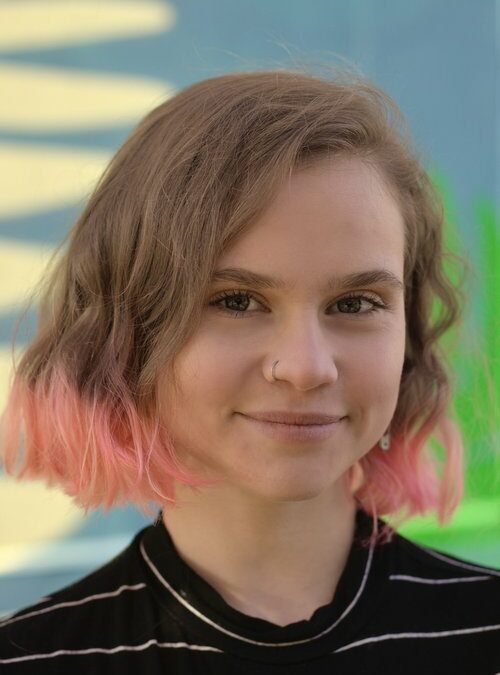
by Michele Kirichanskaya | Dec 18, 2024 | Blog
Sydney Langford (they/them) is a queer, Deaf-Hard of Hearing, and physically disabled author who resides in Portland, Oregon. Their biggest passion in life is creating stories that reflect the diverse world we live in—whether that be rom-coms about quirky, disabled...
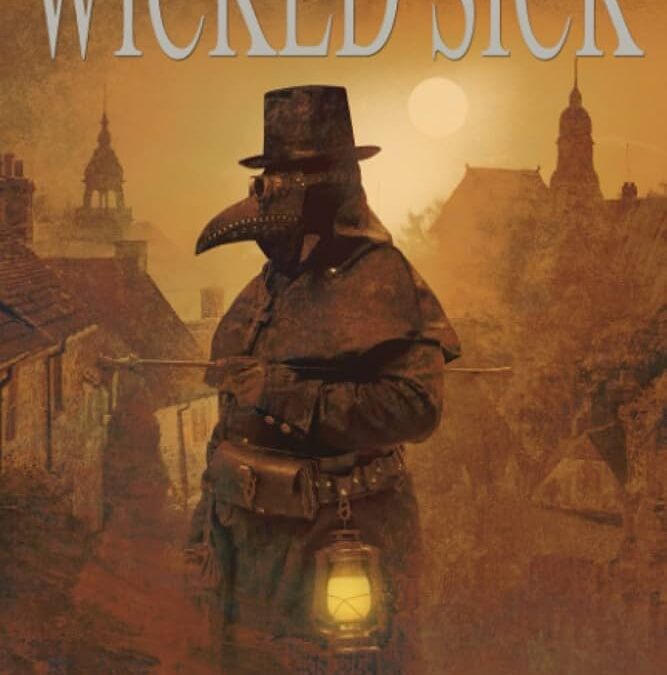
by Alexa Goodrich-Houska (she/they) | Dec 11, 2024 | Blog
Spoiler Free Review Have you ever wished as a younger person you had listened to that one good piece of advice form a parent or mentor? As we age, most of us will have to unfortunately deal with facing our own mortality as our parents age, and we become the...
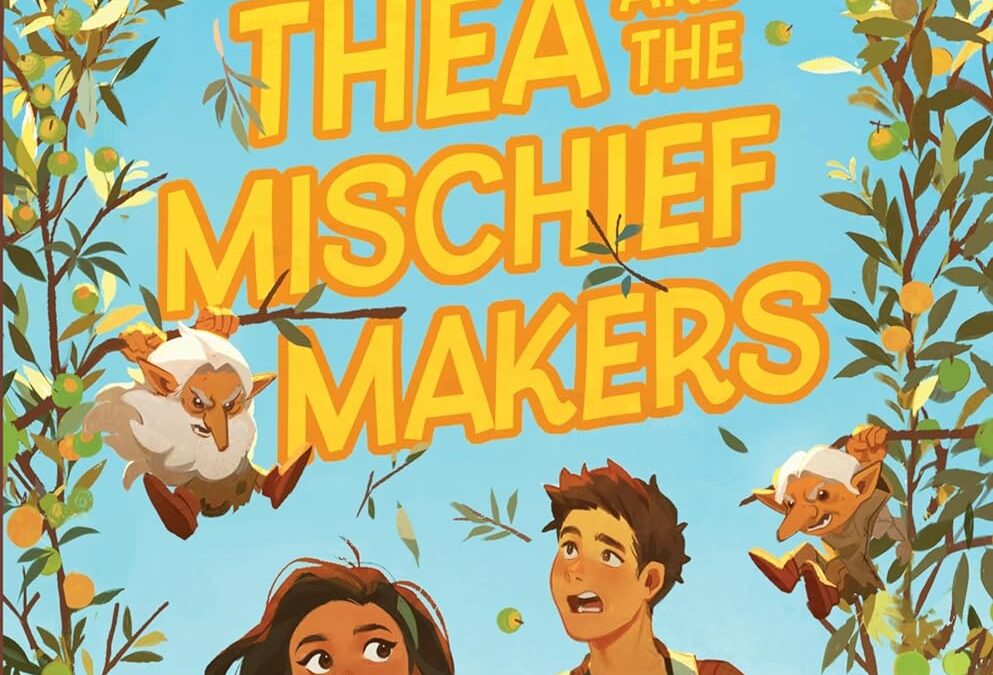
by Alexa Goodrich-Houska (she/they) | Nov 19, 2024 | Blog
In Thea and the Mischief Makers, Filipino American Thea Torres is finally living the dream—or at least, the middle school dream. She’s popular, athletic, and attending Junior Stunt Warrior Camp with her new, cool friends. The cherry on top? She’s known for her...
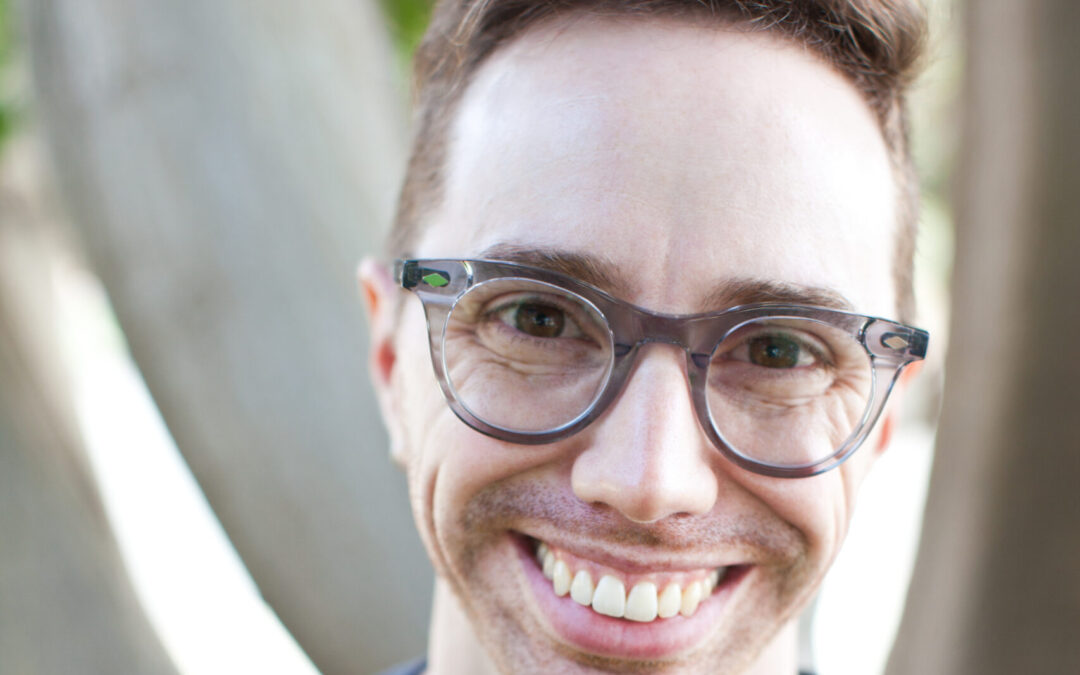
by Michele Kirichanskaya | Nov 14, 2024 | Blog
EDWARD UNDERHILL (he/him) is a queer trans man who grew up in the suburbs of Wisconsin, where he could not walk to anything, which meant he had to make up his own adventures. He began writing (very bad) stories as a kid and wrote his first (also very bad) novel in his...






